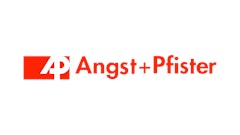Cloud computing is transforming virtually every facet of modern manufacturing—from how companies operate to how they integrate into supply chains and how they design and fabricate products. This is helping manufacturers innovate, reduce costs, and increase U.S. competitiveness, according to a new report from the Information Technology and Innovation Foundation (ITIF) and the American Enterprise Institute. The two think tanks urge policymakers to further bolster U.S. competitiveness by crafting a supportive policy environment to maximize adoption of the technology.
“Cloud computing has permeated virtually all facets of modern manufacturing and is transforming how today’s products are designed, made, and used,” says Stephen Ezell, ITIF’s Vice President for Global Innovation Policy and the report’s lead author. “This is enabling both large and small manufacturers to accelerate time to market, facilitate collaboration, support supply-chain integration, increase operational efficiency, and much more—all to the benefit of U.S. economic competitiveness. We need to put in place the right policy environment for U.S. manufacturers and the economy as a whole to capture maximum possible benefit from cloud computing and ensure America doesn’t fall behind in this new industrial revolution.”
The report describes how cloud computing enables modern manufacturing, provides real-word case studies of this process in action, and recommends actions policymakers can take to ensure cloud computing continues to transform manufacturing and bolster U.S. competitiveness.
The report urges U.S. policymakers to take action on both domestic and international policies, including:
- Continue funding the Manufacturing Extension Partnership program;
- Continue supporting the Manufacturing USA program;
- Create cloud-neutral tech policies;
- Fund the National Strategic Computing Initiative;
- Support broadband deployment and investment;
- Facilitate the commercialization of cybersecurity innovations;
- Support the development of globally interoperable, industry-led standards; and
- Negotiate trade agreements that prohibit use of data localization policies.

![Hcm Ax Landcros Press Release[32] jpg](https://img.oemoffhighway.com/mindful/acbm/workspaces/default/uploads/2025/11/hcmaxlandcros-press-release32jpg.mAEgsolr89.jpg?auto=format%2Ccompress&fit=crop&h=100&q=70&w=100)
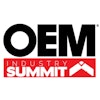

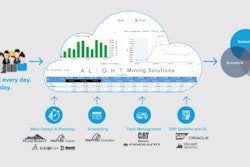


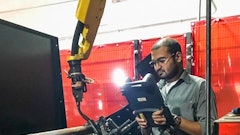
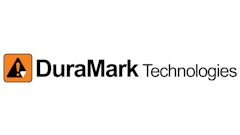
![Hcm Ax Landcros Press Release[32] jpg](https://img.oemoffhighway.com/mindful/acbm/workspaces/default/uploads/2025/11/hcmaxlandcros-press-release32jpg.mAEgsolr89.jpg?ar=16%3A9&auto=format%2Ccompress&fit=crop&h=135&q=70&w=240)
